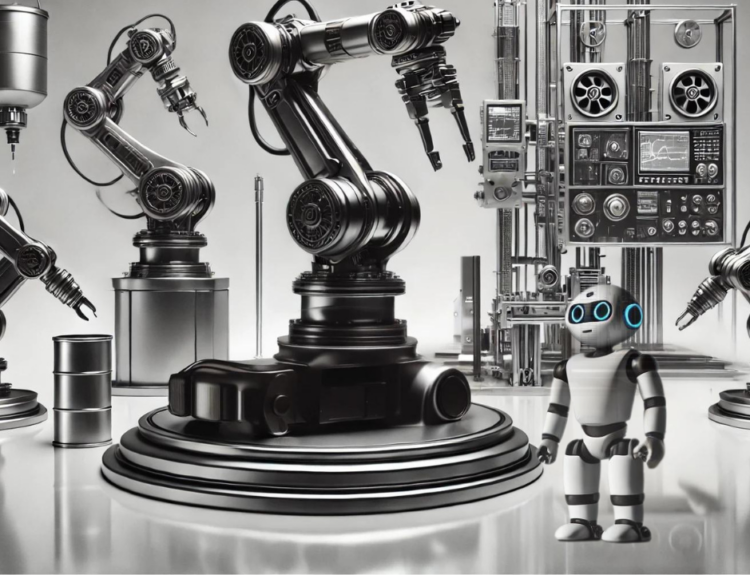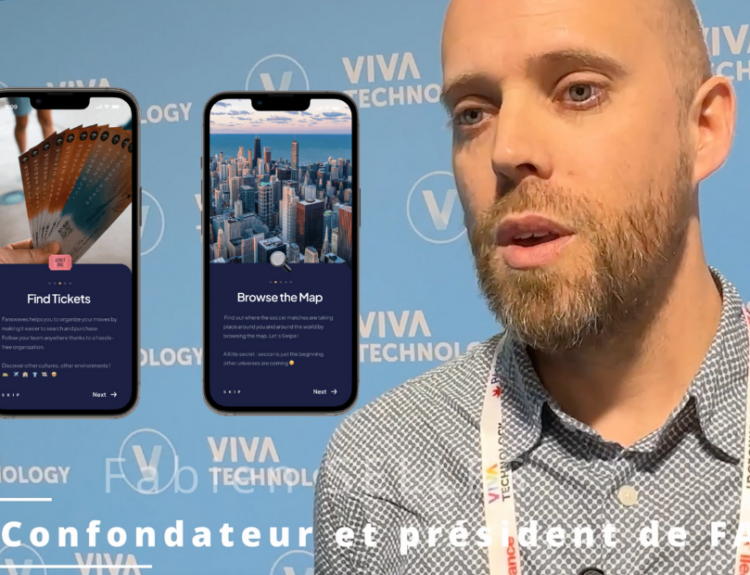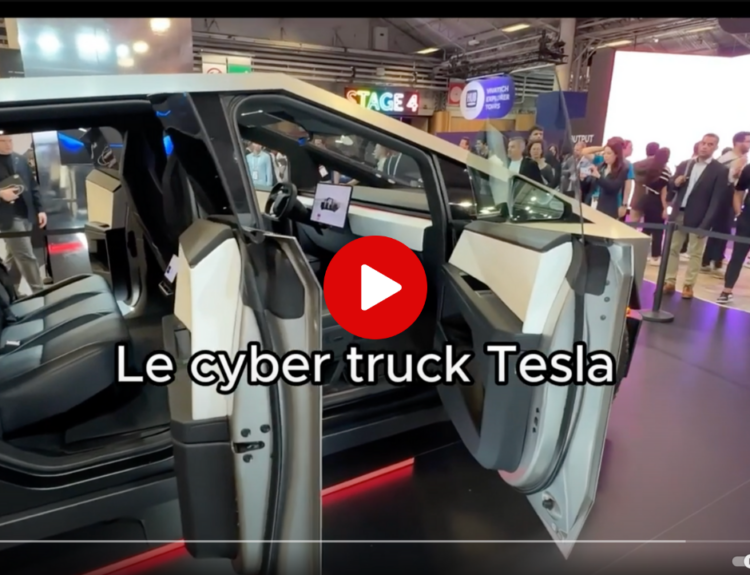Major global innovation meeting, on the 17the Lisbon Web Summit has just ended. As fossil fuel advocates return to power in the US, warnings about the environmental and social impact of AI were expressed while new innovations promoted AI…
It seems like every AI-centric event is a new turning point in its short history! The Lisbon fair was no exception. Held from November 11 to 14 in the Portuguese capital, on November 17e Web Summit, this year hosted more than 70,000 participants from more than 160 countries including 3,000 startups, 1,000 investors, 2,000 journalists, heads of state, heads of multinationals…and even singer Pharrell Williams, also an entrepreneur and AI enthusiast.
The 2024 program was dual, as is now the custom:
On the showcase side: the announcements of innovations, always numerous, often impressive. Behind the scenes : a series of conferences/debates where the optimism of innovators, investors, technophiles… and the warnings of specialists and users clashed. Nothing unusual in this meeting now considered as "The Mecca of technological innovation", the altar where the future is revealed to tell the world: "Here is the next step"! But at a time when Trump's United States is preparing to deregulate, disengage from the climate and promote oil, the warnings, calls to create prudential standards seemed more like cries of alarm...
At Web Summit 2024, new and significant innovations were unveiled or launched, demonstrating the progression of AI in increasingly diverse sectors: energy, luxury, security, commerce, health, music, creation, etc.
Creating energy from… air!
While COP 29 opened in Azerbaijan with a strong return of fossil fuels, in terms of GreenTech, in Lisbon the American start-up Twelve – " The carbon transformation company " – said he could create clean fuel from CO2 present in the air. We imitate trees and plants" explained its co-founder Etosha Cave at the summit's opening night. She described a future without oil where such technology could power long-haul flights, for example.
A promise that allowed Twelve to raise nearly $650 million, although there is still a long way to go before it materializes, particularly with the return of the Trumpists, followers of fossil fuels and climate skeptics.
Connecting merchants and manufacturers
In the conversational AI sector, the president ofAlibaba, Kuo Zhang, unveiled its new Accio search engine. This powerful chatbot allows small merchants to connect directly with suppliers across the world. Its ability to interpret natural language queries. makes it easier to find business partners on the platform, which helps simplify and optimize the operations of SMEs in global e-commerce and is expected to increase the commercial scope of the Chinese platform.
Real luxury experience
On the French side, the world leader in luxury, LVMH, has unveiled its initiatives that leverage AI and augmented reality to personalize experiences, such as making beauty and skincare recommendations based on a precise analysis of skin type and taking into account customer preferences. Overall, these advances aim to predicting consumer preferences, to accelerate the creation/production chain to adjust the offer as quickly as possible and reduce storage, and therefore waste. At the same time, LVMH has developed internal AI training programs for its teams. This strategy of the luxury leader is seen as a model for reconciling tradition and modernity in a sector where customer experience is paramount and technological innovation crucial…
Security via SMS
In terms of security, the French start-up Prelude announced that it had raised $8 million to, in particular, expand abroad through acquisitions. Prelude is a smart solution for securing SMS connections, dedicated to businesses, to prevent fraud. Its algorithm allows Prelude to choose the least expensive and safest mobile network access paths. On average, Prelude explains, its customers have reduced their verification costs by 40%, achieved a conversation rate of 95% on verification messages. It ensures that it does so 99% spam and fraud barrier.
Improving the efficiency of emergency services
In health, there has been talk of different real-time and continuous analysis solutions for patient status arrived at the hospital to speed up their treatment, if necessary, and thus reduce the risks of worsening or even death. A real answer to the problem of congestion in hospital emergency services.
Still in the health sector, the young American company Yung Sidekick, launched a new initiative during the Web Summit digital therapy app dedicated to mental well-being, using AI to provide personalized patient monitoring and analyze therapeutic progress in real time. By leveraging users' biometric data and health history, this application aims to make therapy more accessible, effective and responsive.
Supervise, regulate to prevent the negative impact of AI
Alongside exciting announcements, at the Web Summit 2024 several experts and executives took the floor to, once again, evoke, prevent the potential excesses of artificial intelligence. Some have again highlighted the environmental problems linked to AI. Particularly the massive energy consumption of the data centers needed to train AI models. Three interventions alone sum up the major issues of the moment in terms of AI:
Brad Smith, president of Microsoft, discussed the risks of algorithmic bias and ethical misconduct in AI systems and stressed the importance of international collaborations to create AI governance standards to minimize risks to society. “Artificial intelligence is the new big disruptive technology, but it needs to be regulated to avoid unintended consequences for society,” he said.
Max Tegmark, president of the Future of Life Institute, warned of the possibility that advanced artificial intelligences could escape human control. During a round table, he insisted on the need to limit the development of general AI without security guarantees. "We are at a critical crossroads. If we take the wrong path, AI could escape our control and endanger our future," hammered the head of the Institute, an expert in lobbying to prevent excesses linked to innovations.
Thomas Wolf, co-founder of Hugging Face, addressed the impacts of AI on the job market, emphasizing the need for social dialogue to support the transitions caused by increasing automation. “AI will disrupt employment, but we must prepare workers for this transformation by rethinking the way we train and support them,” warned the co-founder of the American startup specializing in machine learning.
Interventions that demonstrate a collective awareness and the desire to continue the AI adventure while minimizing its social and environmental impacts. There is work to be done!






